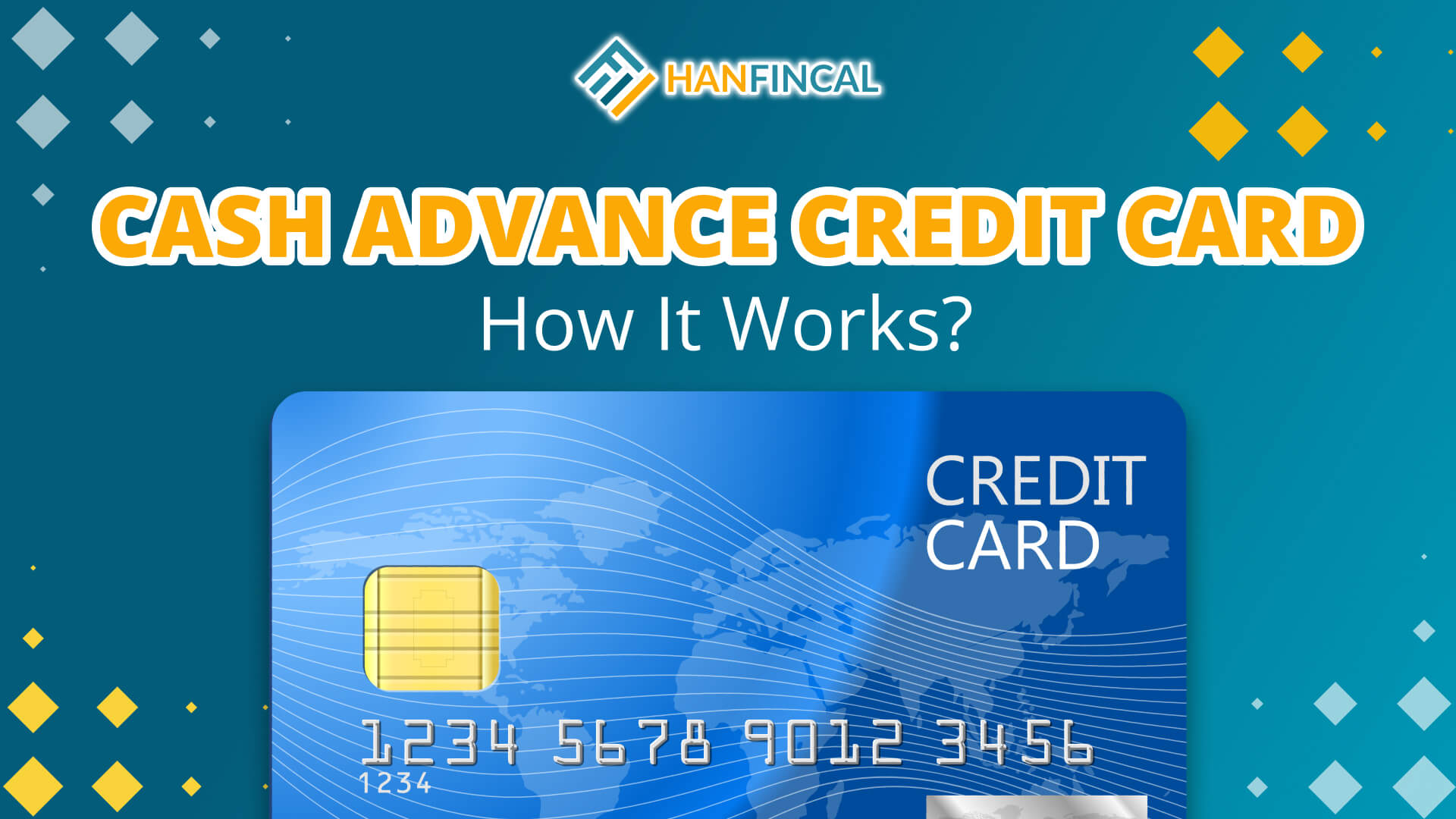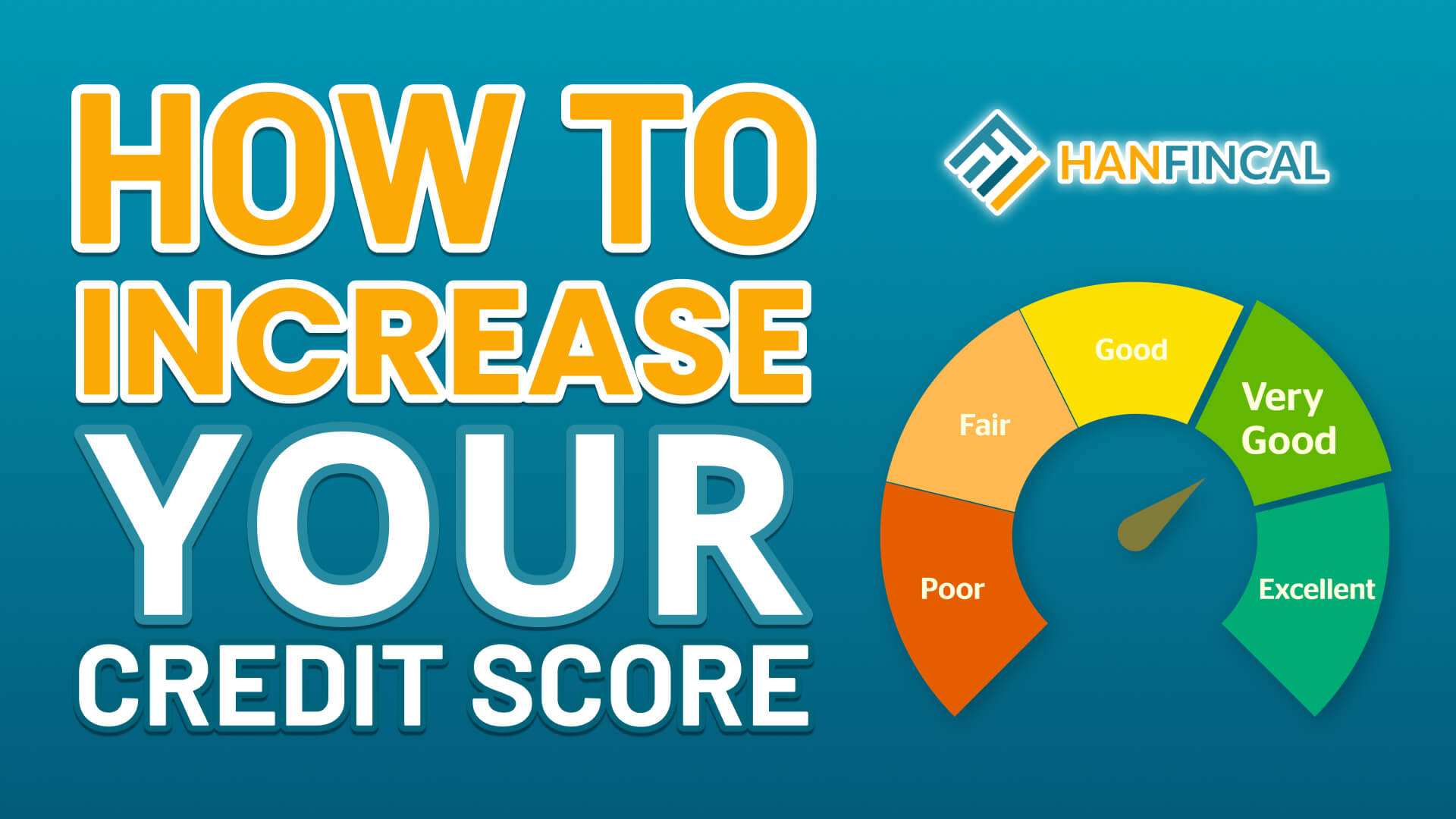Credit card refinancing vs debt consolidation. You’ve most likely heard these two phrases while using your credit card. So, have you studied and differentiated them thoroughly? If you’re still unsure what those two definitions are, let’s get started with Hanfincal today.
1. What is credit card refinancing?
Credit card refinancing, also known as a balance transfer, is simply the process of transferring a credit card balance from one card to another with a better pricing structure. Refinancing your credit card debt may be a good idea if you need to reduce your monthly payment and you qualify for a lower interest rate.
Credit card refinancing allows consumers with good credit to reduce the interest rate on their credit card debt to zero percent for a limited time, typically 12-18 months. After that, the interest rate returns to its standard level, which is usually between 16 and 20%. With a 0% interest rate, this hypothetical borrower would pay no interest during the promotional period and thus have a better chance of reducing their credit card balance. However, keep in mind that low- or no-interest promotional periods do not last forever, and cards frequently charge a “balance transfer fee,” which can range from 3% to 5% of the total balance.
2. What is credit card debt consolidation?
Debt consolidation is to take out a new loan to pay off other liabilities and consumer debts. This means that multiple debts are combined into a single, larger debt, such as a loan, with more favorable payoff terms, such as a lower interest rate, a lower monthly payment, or both. Furthermore, a credit card consolidation or personal loan typically has a single lump-sum payment made to the borrower. A personal loan is known as an “installment loan” because it is repaid in equal monthly installments over a specified time.

What is credit card debt consolidation?
3. Credit card refinancing vs debt consolidation: What is the difference?
The difference between credit card refinancing and debt consolidation is refinancing. While credit card refinancing offers a 0% APR card for six months to two years, debt consolidation can help you lower APRs than credit cards’ regular APRs on average.
- How it works: Credit card refinancing involves transferring a balance, preferably to a 0% APR card, whereas credit card debt consolidation involves taking out a personal loan, home equity loan, or HELOC.
- Benefits: If you refinance with a credit card, you have two benefits: 0% financing for six months to 2 years and fast funding if you already have a card. On the other hand, credit card debt consolidation can help you lower APRs than credit cards’ regular APRs on average, and funds can be used to pay off any debt.
- Drawbacks: High regular APRs after the 0% period expires, the inability to transfer certain types of debt and the charging of balance transfer fees are three barriers to refinancing. Meanwhile, debt consolidation also continues to have flaws. Two disadvantages are that you may not be able to find a loan with a lower APR than your existing debts, and you may have to pay additional fees to open the loan.
- Who is suitable to use: People with small debts that can be paid off in less than two years are eligible for refinancing; on the other hand, people with multiple debts that will take longer to pay off should use debt consolidation.
4. What are the pros & cons of credit card debt consolidation?
4.1. Pros of debt consolidation
- Don’t need collateral: You do not need to mortgage any asset as collateral if you can obtain a personal loan.
- Low-interest rates: A personal loan from family or friends may have a lower (or zero) interest rate and simpler repayment terms. This loan also has lower interest than your current credit cards if you have good credit. Personal loan rates in the single digits are possible.
- Fixed interest rate—while variable interest rates are possible for personal loans, most have fixed rates until the loan is fully paid off.
- Definite payoff term: Personal loans have a fixed payoff term, and your debt will be fully paid at the end of that term, typically 3-5 years. As a result, debt consolidation with personal loans is more effective in paying off revolving debt than credit card refinancing.
- One payment in one month: Instead of juggling several credit card bills, make one monthly payment.
4.2. Cons of debt consolidation
- Debt consolidation does not solve your financial problems: No one can guarantee that you will not go into debt again. Consolidation can help you pay off debt, but it won’t change the bad habits that got you in trouble in the first place, such as overspending or failing to save for emergencies.
- Application process: Personal loans typically necessitate a more involved application process. This will include a credit check and documentation proving your income and even specific financial assets.
- Higher interest rate: Your debt consolidation loan may have a higher interest rate than what you currently pay on your debts. In other words, debt consolidation does not always result in a lower interest rate on your debt, especially if your credit score is less than ideal.
- There may be some initial costs: Some debt consolidation loans have fees. Loan origination fees, balance transfer fees, closing costs, and annual fees are examples.
- Missed payments will set you back even more: If you miss one of your monthly loan payments, you will certainly be charged a late payment fee. Furthermore, some lenders will charge you a returned payment fee if a payment is returned due to insufficient funds. These fees can significantly raise your borrowing costs.
You can find a reputable center to help you increase your credit score online; it is FREE. If you are interested, here is one center you should not overlook.
5. What are the pros and cons of credit card refinancing?

What are the pros and cons of credit card refinancing?
5.1. Pros of refinancing
- Convenience: The credit card refinancing application process is relatively quick and simple.
- Lower interest rate: Depending on your credit, you might be able to qualify for a lower interest rate than you’re currently paying. If you choose a 0% introductory offer, you will be able to save money quickly and significantly during the term of the 0% introductory offer, which typically lasts 12-18 months.
- Reduce your monthly payments: By extending your repayment term through refinancing, you may be able to lower your monthly payment, easing the strain on your budget.
- Consolidate multiple credit cards: Refinancing allows you to combine your credit cards into a single loan, which may make your debt much easier to manage.
5.2. Cons of refinancing
- Penalty APRs: If you are making a late payment or exceed your credit limit, you may be subject to penalty APRs, which can be much higher than a standard APR. You might also lose your 0% introductory offer.
- Continued debt: Using a credit card reduces your monthly payment as you pay off the loan. Therefore, if you only make the minimum payment each month, you may never be able to pay off your debt.
- Variable interest rates: Credit card companies can change your interest rates, putting you at risk of paying higher interest in the future.
- Offer terms that expire: if you do not pay off the balance before the introductory period ends, you will face standard APR interest, which can put you back in a credit card debt cycle.
- Fees: In the case of a 0% introductory offer, a balance transfer fee of three to 5% of the total amount transferred is usually charged.
- It may be difficult to qualify if you have bad credit: You’ll typically need to have good or higher credit to be eligible for a personal loan. While some lenders provide debt consolidation loans for people with bad credit, these loans typically have higher interest rates than loans for those with good credit.
- Doesn’t reduce debt: Even if you end up paying less in interest, you’re still liable for the total amount of your original debt.
Have you made the distinction between credit card refinancing vs debt consolidation yet? Remember to compare the time and expense of a consolidation loan to all of your current minimum payments each month and the expected length of time to repay the debt before agreeing to a debt consolidation offer. If you have any questions to improve your financial health, find us, Hanfincal is willing to untangle your troubles.
==> Read More:




